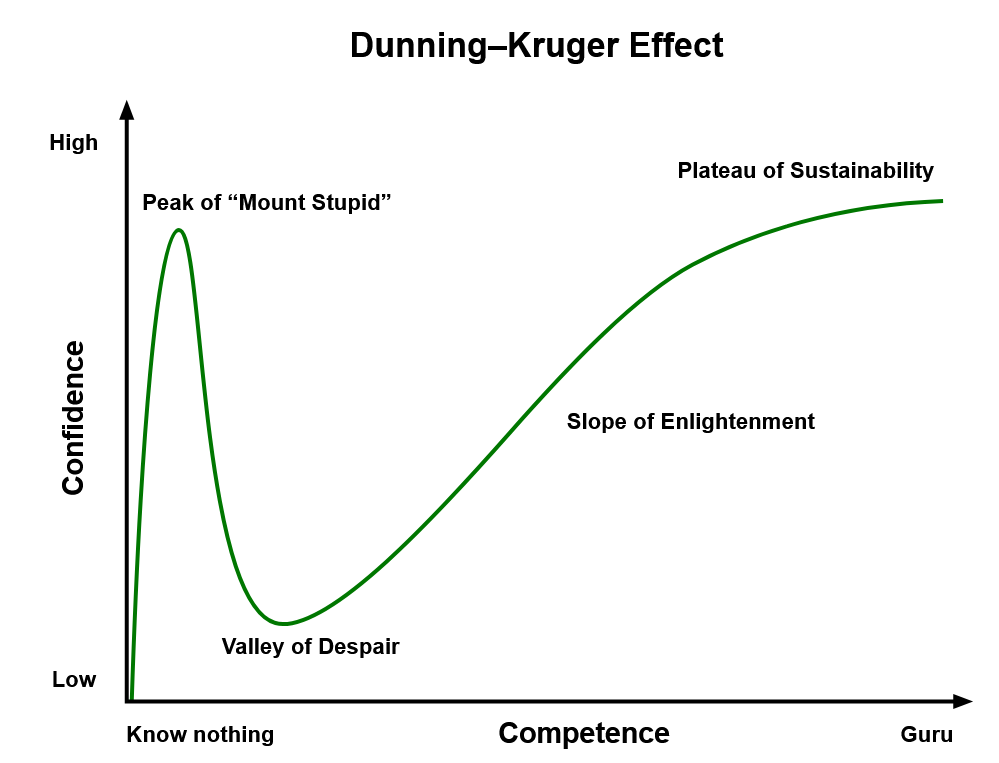What I Wish I Knew When I Started Using Anki In 2013 (1)

Photo by Aron Visuals on Unsplash
This is a mini-series of “What I Wish I Knew When I Started Using Anki In 2013”. Looking back on half a decade’s use of Anki there was a lot of hard-earned experience that I think would be beneficial to others. The audience I have in mind is high-school or college students who just got into Anki, either because by pure luck (Mnemosyne (the God of memory) has bestowed on you.) or you’re using Anki for foreign languages.
Introduction
I’m happy to see that r/Anki has grown a lot over the years. I wholeheartedly believe in the science of learning. Every SRS user is a fight against the demonization of “memorization is useless” or “higher-order thinking is all that matters”.
#1 Stick to It Long Enough to Taste the Fruits of Your Labor
Let the result speak for itself
Anki is not some toy program; Anki is a way of life. Fundamentally, I think it stems from either the love of learning or the desire for academic performance (or both). Many users dedicate hours daily doing their reps. Such dedication is likely fueled by their success with Anki. However, if you have yet to taste the fruits of your labor, you need to stick to it long enough to experience what it can do for you. No matter how much I tout the benefits of SRS, you’re not likely to get persuaded untill you reap the benefits yourself, otherwise you just be: “What’s all the fuss about?" If you were struggling in school, discovered Anki and rose to the top of your class in 3 months, I don’t think you need anyone or any research to convince you the power of SRS. The joy of acing your exams, remembering all the foreign vocabulary or being admired for “having good memory” can become the fuel to continue your SRS journey. But…

If you’re new to Anki, my first tip is simply don’t give up. I understand navigating a completely new software and mobile app can be daunting, and all those new concepts (spaced repetition, interleaved practice, elaborative interrogation) are even more so. Don’t let this initial learning curve bcomes your barrier of entry.
It’s easy to dismiss and regard Anki for being “another learning tool”, like some mindmap software or note-taking app (all are learning tools). I hope to sow a seed at the back of your mind that SRS is this giant secret weapon for learning, even if you’re not convinced at the moment.
Learning to learn is arguably the most important factor for academic success. How We Learn
“If you want to learn a subject fast, SRSs are a veritable secret weapon. Using apps like Anki, my students have passed the bar exam, become doctors, learned seven languages, and much, much more.” The Only Skill that Matters
Where is the evidence?
When I’m being persuaded I prefer to look for the evidence. If you want you can get a glimpse on Spaced Repetition for Efficient Learning.
Being skeptical is generally a desirable mindset, but I suspect bigger factors are at play when one dismisses any Spaced Repetition Software. Resisting change, cognitive dissonance, struggling with recall are all made obvious when you switch to Anki. With Anki, your effort is made tangible and real: rep counts, number of cards, struggling to recall the answers. Slacking off is made obvious as well. There are countless ways to put forth your continuous, specific and daily effort. Making items, item formulation, knowledge management, etc. But the magic of Spaced Repetition Software won’t manifest itself overnight while it’s easy to get discouraged. The only message I hope you take away from this article is simply this: don’t give up Anki.
Ending Story

I’m ending this article with this success story (slightly modified) from, again, Make It Stick. It’s a long story but I find this “testimony” highly illuminating. If you want you may read the full story from the book.
Michael Young is a high-achieving fourth-year medical student who pulled himself up from rock bottom by changing the way he studies.
Young entered medical school without the usual foundation of premed coursework. […] Despite his spending every available minute studying his coursework, he barely eked out a 65 on his first exam. “Quite honestly, I got my butt kicked,” he says. “I was blown away by that. I couldn’t believe how hard it was. It was nothing like any kind of schooling I had done before. I mean, you come to class, and in a typical day you get about four hundred PowerPoint slides, and this is dense information.” Since spending more time studying wasn’t an option, Young had to find a way to make studying more effective.”
He started reading empirical studies on learning and became deeply interested in the testing effect. […] Young says, “I didn’t just want to find somebody’s opinion about how to study. Everybody has an opinion. I wanted real data, real research on the issue.”
What did change? He explains it this way: I was big into reading, but that’s all I knew how to do for studying. I would just read the material and I wouldn’t know what else to do with it. So if I read it and it didn’t stick in my memory, then I didn’t know what to do about that. What I learned from reading the research [on learning] is that you have to do something beyond just passively taking in the information.
The big thing is to figure out a way to retrieve the information from memory, because that’s what you’re going to be asked to do on the test. If you can’t do it while you’re studying, then you’re not going to be able to do it on the test. “When you go back and review, instead of just rereading you need to see if you can recall the learning. Do I remember what this stuff was about? You always test yourself first. And if you don’t remember, then that’s when you go back and look at it and try again.”
The process was not a natural fit. “It makes you uncomfortable at first. If you stop and rehearse what you’re reading and quiz yourself on it, it just takes a lot longer. If you have a test coming up in a week and so much to cover, slowing down makes you pretty nervous.” But the only way he knew of to cover more material, his established habit of dedicating long hours to rereading, wasn’t getting the results he needed. As hard as it was, he made himself stick to retrieval practice long enough at least to see if it worked. “You just have to trust the process, and that was really the biggest hurdle for me, was to get myself to trust it. And it ended up working out really well for me."
Really well. By the time he started his second year, Young had pulled his grades up from the bottom of his class of two hundred students to join the high performers, and he has remained there ever since. […] Young’s impressive performance has not been lost on his professors or his peers. He has been invited to tutor struggling students, an honor few are given. He has been teaching them these techniques, and they are pulling up their grades.”